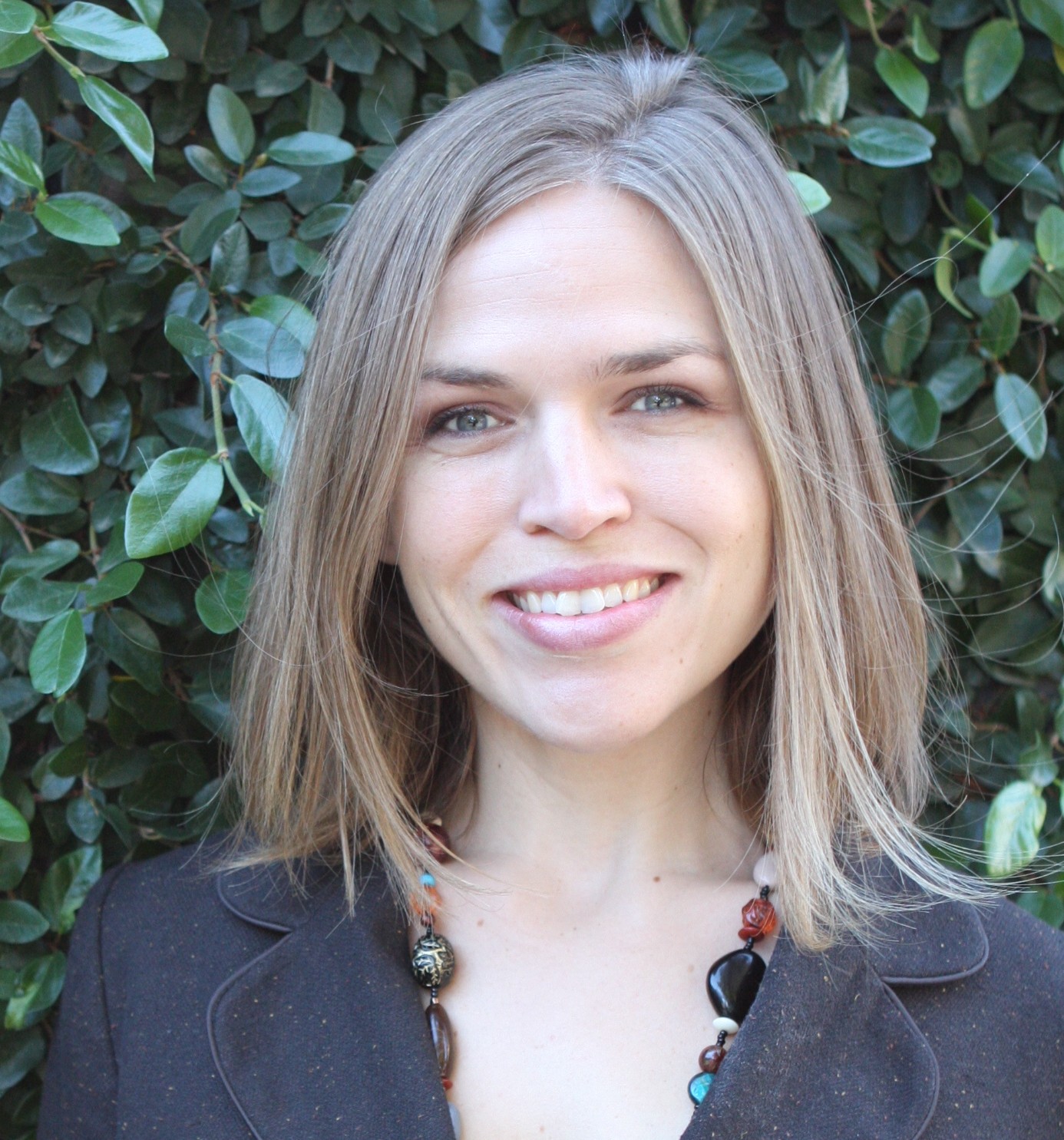Many people develop ways of coping with the world that initially feel helpful, but that over time begin to cause trouble and become less effective. For instance, if a child is bullied on the playground, they may refuse to go to recess. This solves the problem of being bullied, but results in the loss of making other new friends, having fun, and getting fresh air. The avoidance makes sense, but it is not a good long-term solution and does little to help the child feel less vulnerable. Adults make the same kinds of trades: trading direct conversation for anger or avoidance; trading clear opinions for a false sense of closeness with others; trading facing a challenge and potentially failing for fixed routines and under-performance. Overwhelming feelings are avoided, but at a high cost.
Living with less than your full self results in increased anxiety and depression, and often sets other unwanted outcomes in motion: relationship trouble, less opportunity, and less growth. Therapy must become a safe enough place for you (or your child) to think deeply about where you have come from and potentially let go of the old way of facing life to try something new. It is in the safety of the therapeutic relationship that overwhelming feelings begin to be tolerable, and fewer bad trades need to be made.
I enjoy working with a wide range of people, but there are some issues and concerns I may be particularly helpful with:
Transitions and Adjustment
Facing circumstances outside of our control presses on our resources and can take a lot of attention away from other parts of our lives, often resulting in ‘borrowing’ energy usually spent on our health, positive relationships, schooling, work, and sleep. Even when a change is welcome, it almost inevitably comes with loss. This may include an adult trying to make sense of their childhood or face their difficulties maintaining relationships, a child adjusting to divorce and remarriage, or a teen trying to navigate the tumult of adolescence.
Anxieties
Many of my clients suffer from anxious feelings that permeate their thoughts and get in the way of their relationships and other opportunities. Biologically, anxiety is meant to alert us to danger, but often the source of the threat can be ambiguous or triggered by old scenes from our histories. Many of my clients have found relief by understanding the roots of their feelings and learning to tolerate and then master the full range of their emotional experience.
Autism
I have 20 years of experience working in the field of developmental disability, and 10 years in the area of autism spectrum disorders specifically. While I incorporate interventions and collaborate with occupational, speech/language, and behavioral clinicians, my approach is a relational one in which I seek to help the individual with ASD develop meaningful connections, to whatever degree possible, with the people in their lives. I am a certified DIR provider with the Interdisciplinary Council on Developmental and Learning Disorders (www.icdl.com) and have extensive experience creating developmentally-based treatment plans. My office is best suited for individuals with moderate to mild/high functioning diagnoses, and I have had particular success helping tweens and teens navigate the transition to junior high, high school, and independent living.

